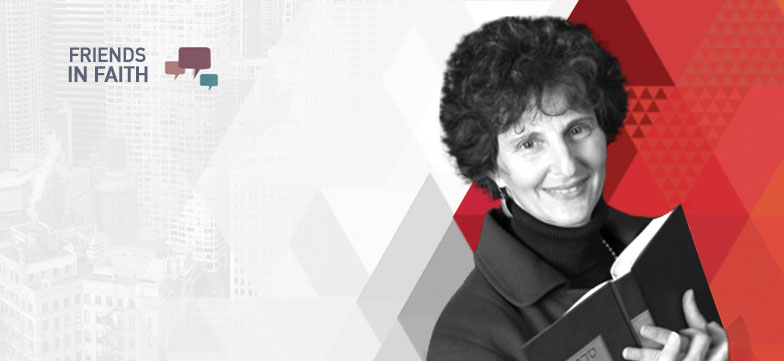By Kathy Bolano, Communications Intern
We encounter the intersection of religion and environmental responsibility throughout history. On April 27th, we had a Friends in Faith roundtable discussion with Rabbi Robin Damsky regarding Earth Day and religion. We talked about how respecting the earth is an important aspect of religion through the perspective of the Jewish faith.
To open the lunchtime meeting, Rabbi Damsky began by discussing the blessings that people of different faith traditions say before meals. For those of the Jewish tradition, there are six different brachah rishonahs, or preceding blessings, to give thanks to G-d according to the different kinds of food eaten.
Rabbi Damsky talked about how respecting the Earth is rooted in Scripture, beginning with the Torah and Old Testament. For example, Genesis 2:15 states, “G-d took the man and placed him in the Garden of Eden to work it and protect it.” If we are to take from the earth, we need to care for and protect it, both things that we, as a whole, have been neglecting to do for generations.
Passages also state we need to let the Earth rest, not to abuse it, and that “G-d did not create one thing needlessly” (Talmud Bavli, Shabbat 77b). Everything in this world has a place and purpose–even something as pesky as a mosquito would have a detrimental effect on the environment if it were to disappear.
Upon reflecting on these and many other passages, Rabbi Damsky talked about moving from an egocentric to an ecocentric culture. We are a species that tests limits, and are wracked with war that devastates the earth and our natural resources. The world can greatly benefit with thoughts that focus more on “us” and “we” as opposed to those focused on “me”.
The Niagara Foundation would like to thank Rabbi Robin Damsky for the engaging dialogue, and for all of her environmental preservation efforts.

